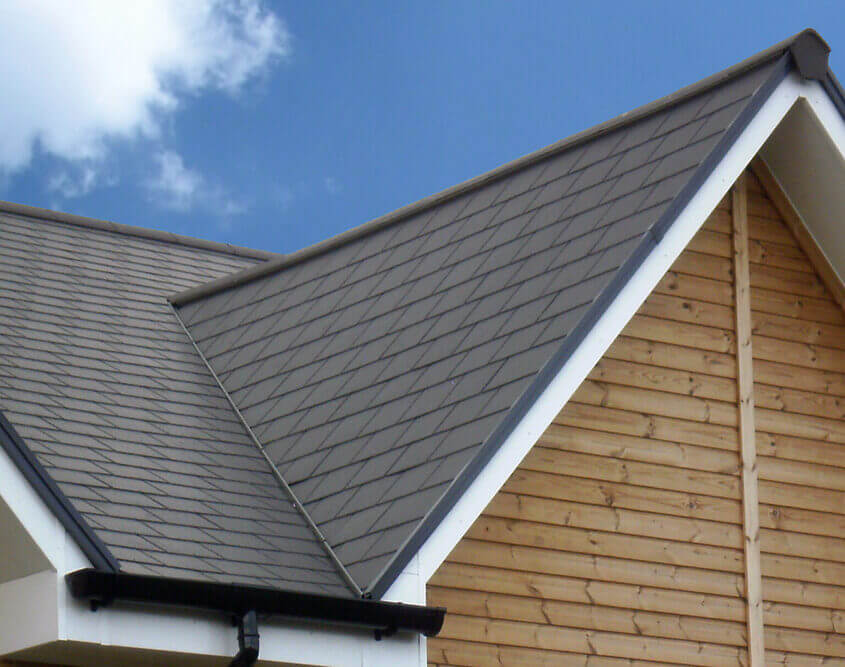In today’s guide, we are going to focus on the importance of paying keen attention to the roofing materials that you select. This is to ensure that it suits the climatic conditions to avoid any damage from either the sun or rain. Here, we provide you with the information you need to make better roofing decisions through professional roofing services. Let’s dive deeper to ensure that your roof can stand out with such elements.
Table of Contents
Roofing materials for rainy climates
If you are in a region with frequent rainfall, it is ideal to always choose rainfall-resistant roofing materials. There are several choices, such as asphalt shingles, clay tiles, and metal roofing, each with pros and cons. You can always opt for one that suits your needs better. The main aim is to know and understand better what roofing materials can withstand any kind of downpour.
Rain-resistant roofing features
One main thing to achieve a resilient roof in rainy climates is good water runoff. There’s some significance in unique slopes and gutter systems helping manage rainwater while keeping your house safer at all times.
Roofing materials for sunny climates
If you live in a sunny region, it is wise to have information on the characteristics of roofing materials that you need to withstand such a climate. There are various heat-resistant options that you can opt for. This includes concrete and metal tiles. It is advisable to shed some light on cool and reflective roof materials that help to achieve a more relaxed interior. This helps to control any high temperatures while keeping your house energy efficient.
Sun-resistant roofing features
There are several features to look out for to make your roof sun resistant. They include paying critical attention to the ventilation systems that reduce heat absorption, solar-reflective shingles, and UV-resistant coatings. This prevents your house from any damages arising from sun impact while offering you a more comfortable space to live in.
Considerations for variable climates
Since some regions experience both sunny and rainy conditions, it is ideal to go for an adaptable roofing system. There are different innovative hybrid roofing systems that suit both conditions. This keeps your home well-protected throughout the year, regardless of the prevailing elements.
Why should you choose your roofs?
As you try to better choose what roofing materials will best suit your climatic conditions, it is imperative to note that any choice you make is such a long-term investment for your home. This is because the roofing materials you choose have a direct impact on how they will be energy efficient, how long they will last, and how they will help in conserving the environment. Therefore, it is not just about the roof; however, about a long-lasting roof.
Recapitulation
As we end our journey on roofing materials, choosing materials that will best suit your climate is always ideal. We’ve summarized everything you need to know when deciding on a roof that suits either sunny, rainy, or both elements. This guide assures you of a longer-lasting solution and a safer home that withstands any climatic conditions.
